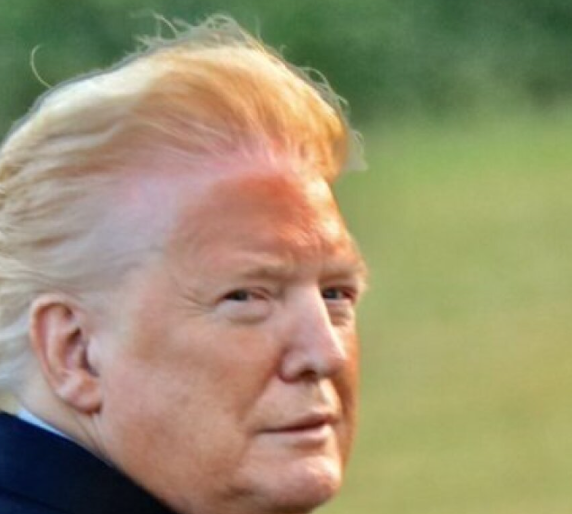#TrumpCampaign #CyberAttack #MintSandstorm #Microsoft #ElectionInterference #Iran #CyberSecurity #USPresidentialElection
In a significant revelation, Microsoft’s cyber threat assessment unit has disclosed that the Trump 2024 presidential campaign fell victim to a sophisticated cyber attack orchestrated by an Iran-backed hacker group known as Mint Sandstorm, linked to the Islamic Revolutionary Guard Corps. The breach, which involved a spear phishing attack in June from the compromised email of a former senior campaign adviser, marks a critical point in concerns over foreign interference in U.S. elections. The hackers initially targeted a high-ranking official within the Trump campaign, which later confirmed the attack and attributed it to “foreign sources hostile to the United States,” aiming to disrupt the democratic process and influence the outcome of the upcoming presidential election.
This cyber intrusion is not the first of its kind; the same Iranian group had previously attempted similar incursions in the months leading up to the last U.S. presidential election, and even tried but failed to breach an account associated with a former presidential candidate. Microsoft’s report underscores the escalation of cyber-enabled influence activities by a conglomerate of actors seeking to sow discord within the U.S. political landscape. These activities include initial cyber reconnaissance and the establishment of online personas and websites to propagate misinformation or influence public opinion, particularly with an eye towards impacting the November elections.
The disclosure by the Trump campaign came on the heels of a report from Politico revealing that it had been receiving internal campaign documents, including a detailed research dossier on Senator JD Vance, from an anonymous source going by the alias “Robert.” These documents, linked to the breach, were purportedly aimed at interfering with the 2024 election and creating chaos. Trump campaign spokesperson Steven Cheung highlighted the breach’s timing, connecting it to Iranian plots against Trump, who has been a figure of hostility from Tehran following his order for the assassination of Iranian General Qassem Soleimani in 2020. This incident further underscores the persistent threat of foreign actors leveraging cyber operations to infiltrate and influence U.S. political campaigns, with the strategic aim of molding the electoral outcome in a manner that could serve their interests, as corroborated by a statement from the Office of the Director of National Intelligence affirming Iran’s attempts to target the Trump campaign.







Comments are closed.